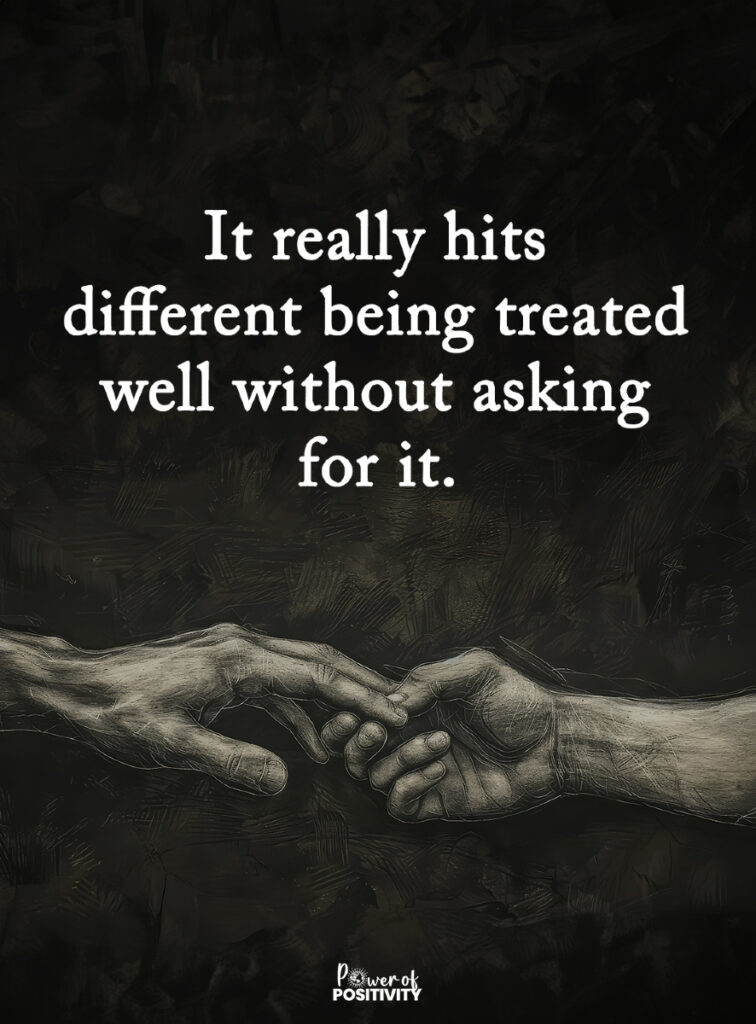Not all comfort is good for you. Sometimes, the things that feel easiest are the ones holding you back the most. You might say you’re “fine,” but deep down, something feels off — like you’re stuck on repeat. That quiet feeling of being stuck? It’s often hiding behind your routine.
Comfort isn’t always safe. It’s just familiar. There’s a big difference. Being in control of your schedule or keeping things the same doesn’t mean you’re secure — it just means you know what’s coming. And when life gets too predictable, growth usually stops.
People often wait until something big shakes them up — a job loss, a breakup, a health scare — before they realize they’ve been standing still for too long. But staying still can sneak up on you. You stop trying new things. You settle. You stop asking, “What else could life look like?”
That’s how comfort quietly traps you. Not with fear — but with ease.
What Comfort Really Costs You
Doing the same thing over and over might feel easy, but it slowly takes more than it gives. You don’t notice it at first — but time passes, and you realize you haven’t grown much. That’s the hidden cost.
Here’s what comfort can quietly take from you:
- Chances to grow – Growth doesn’t come from what’s easy. Discomfort pushes you to think, act, and stretch. Without it, progress stalls.
- New connections – You avoid meeting people who could change your path, all because it’s easier to stick with what (and who) you already know.
- Ideas that could change everything – Staying in the same bubble keeps fresh thinking out. You miss chances to learn something new or think differently.
- Missed goals – Goals that once mattered start to fade because chasing them feels harder than staying put.
- Self-trust – The longer you stay still, the less you believe you can do hard things.
Comfort isn’t always safe — not when it robs you of what you’re capable of. Playing it safe comes with a price: lost time, stalled dreams, and a quiet question that follows you around — What if I had tried?
Why We Get Hooked on Familiar
Comfort feels good for a reason. Your brain actually rewards it. When things feel predictable, your mind says, “Great — less work for me.”
But here’s the thing: easy doesn’t always mean better.
Why familiar feels so tempting:
- Your brain likes patterns. It wants the path that takes the least effort. That’s why it nudges you toward routine.
- You feel more “in control.” When you know what’s coming, it lowers your stress — at least for now.
- Trying new things takes energy. The fear you feel? That’s your brain trying to save effort, not always a real threat.
- The unknown seems risky. But most of the time, it’s just unfamiliar — not dangerous.
It’s easy to think staying where you are keeps you safe. But comfort isn’t always safe. It can fool you into thinking you’re fine, while keeping you stuck in the same place.
Signs You’re Not Growing (Even If Life Looks Fine)
Everything might seem okay — steady job, decent routine, not too much stress. But under the surface, something feels off. That’s often a sign of stillness, not peace.
You might notice things like:
- You’re restless but don’t know why. That quiet itch that something needs to change, even if you can’t name it.
- Most days feel the same. You’re not moving backward, but you’re not going forward either.
- You don’t get excited like you used to. The spark’s gone, and you just go through the motions.
- You stop learning. New skills, ideas, or goals feel too far out of reach — so you stop trying.
- You feel low energy for no reason. You’re not tired from doing too much. You’re tired from doing too little that matters.
These are small signs, but they matter. They point to something deeper: you’re stuck in a place where comfort feels easy — but growth isn’t happening. Comfort isn’t always safe, especially when it hides how much you’re missing out on.
The Science of Stretching Your Edges
Trying something new doesn’t just help you grow — it actually rewires your brain. Science backs that up.
Here’s what happens when you step outside the usual:
- Dopamine increases. That’s the brain’s reward chemical. It gives you a lift when you do something new or challenging.
- Your brain adapts. Trying new things builds new pathways — which means you can learn faster and bounce back quicker.
- You build mental strength. Facing discomfort (in small doses) helps you stay calm during real stress.
- The “optimal anxiety” zone kicks in. A little bit of pressure helps you focus and grow — too much, and it backfires. But staying too safe keeps you from ever entering that helpful zone.
This is why growth happens just past the edge of comfort — not too far, but not too close either. Once again, comfort isn’t always safe. Over time, too much ease can wear down your ability to adapt, shift, or take on something new.
One Shift Can Rewire Everything
You don’t need a huge change to feel different. One small shift can do more than you think. A short walk. A new book. A five-minute challenge. These things send a signal: You’re trying something different.
Here’s what that one shift can do:
- Start a new habit — big changes begin with a single action.
- Build real confidence — not from waiting to feel ready, but from doing something before you are.
- Stretch your identity — the more you try, the more you learn about who you really are.
Comfort isn’t always safe — not when it blocks these tiny moments that help you grow.
How to Step Out Without Burning Out
Growth doesn’t have to mean chaos. You can stretch yourself without going to extremes.
Here’s how to ease into discomfort in a way that actually works:
- Pick “just outside your comfort” actions. Not scary — just slightly uncomfortable. Speak up in a meeting. Try a new route.
- Keep it short. A 10-minute task is still a win. It’s not about time — it’s about intention.
- Add space to recharge. After trying something hard, rest. Reflection is part of growth.
- Don’t pile everything on. One small goal at a time works better than a list that drains you.
Comfort isn’t always safe, but neither is burning yourself out trying to escape it. Growth is steady. Let it build slowly — one step, one stretch at a time.
What Becomes Possible When You Stop Settling
You won’t always see it right away, but stepping outside your bubble opens more than you expect.
What becomes possible when you stop choosing comfort over growth:
- New doors open. You find chances you didn’t know were there — a project, a person, an idea.
- You meet a better version of yourself. Not perfect — just more aware, more confident, more alive.
- You think differently. Fresh ideas come when you stop thinking the same way every day.
- Your world feels bigger. Not because your space changed — but because you did.
Comfort isn’t always safe. It can quietly keep you small. The second you step out, even a little, things start to shift — not just around you, but inside you too.
Final Thoughts: Don’t Wait for a Breakdown to Wake You Up
You don’t have to hit a low point before you decide to shift. A full-blown crisis isn’t a requirement for change. The truth is, staying still might feel safe at first — but over time, it wears you down in ways you barely notice.
Your energy drops. Your spark fades. You stop feeling proud of yourself.
That’s why comfort isn’t always safe.
Start small. Say yes to something that makes you a little nervous. Let that one step lead to the next. You don’t need a full plan — just a little movement in a new direction.















